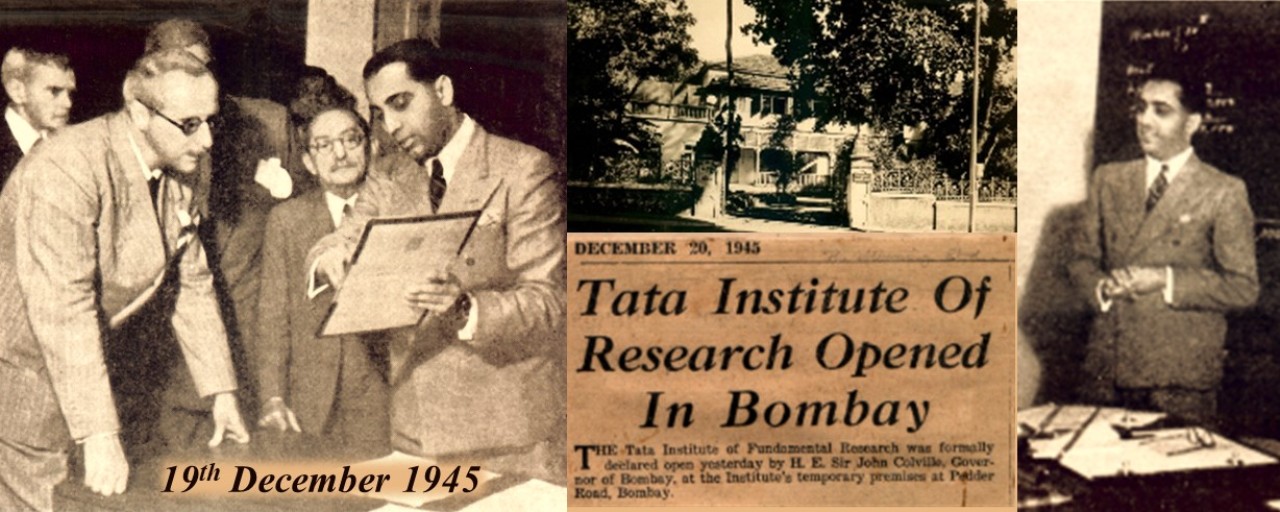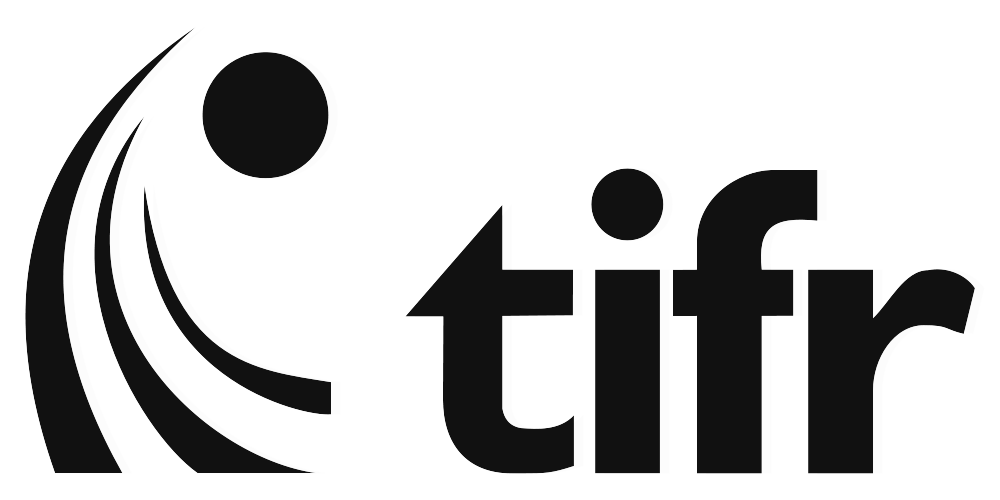Overview
Tata Institute of Fundamental Research or TIFR is one of the government’s deemed research universities in Mumbai. It is a basic research center dedicated to research in mathematics and other sciences. It is a Deemed University and it functions under the Indian Government’s Department of Atomic Energy. TIFR runs various research programmes, mainly in the fields of natural mathematics, sciences, the biological sciences and theoretical computer science, and is regarded as one of the best research centers in India. TIFR is offering a graduate program leading to a Ph.D. in all the major fields of study.
Research & Development
TIFR’s research is dividedinto3 schools of research-technology and computer science, mathematical sciences and natural sciences. A linear particle accelerator and a Pelletron possessed by TIFR is capable of accelerating particles to moderate energies. It helps them study heavy-ion atomic interactions. A Nuclear Magnetic Resonance Facility for studying complex molecules is housed in the campus, and this is cut-off from different other facilities. The Dental Section of the Institute has been actively involved in investigations pertaining to the carcinogenic effects of tobacco and its products.
Apart from these facilities, campus facilities of the institute have several field stations and research facilities in different parts of the country. A Giant Meter wave Radio Telescope, the largest of its kind in the world, is operational north Pune. The school of technology and computer science today is a leading center in the world for conceptual and quantitative research in areas such as algorithms, applied probability, communications, complexity theory, machine learning, formal methods, information theory and quantum computing. The Department of Biological Sciences aspires to boost pre-eminence in research at the frontiers of contemporary biology with an interdisciplinary approach and train high-quality researchers. The Department of Chemical Sciences strives to further eminence in research at the frontiers of chemical physics, photochemistry, theoretical chemistry, synthetic chemistry, biophysics, biomolecular imaging, medicinal chemistry, bio-inorganic chemistry, materials chemistry and nanocatalysis with a rudimentary multidisciplinary approach. Research in physics is conducted by the Department of High Energy Physics, Department of Astronomy and Astrophysics, Department of Condensed Matter Physics and Material Sciences and Department of Nuclear and Atomic Physics, where the standards of the laboratories and instrumentation facilities where are very high.
Notable Alumni
Padma Bhushan C. S. Seshadri, best known for the “Seshadri constant” worked in the School of Mathematics at TIFR as a research scholar. Padma Bhushan B.V. Sreekantan’s research at TIFR earned him his Ph.D. in 1954. Padma Bhushan M. S. Narasimhan did graduate studied from TIFR Bombay. Padma Shri Govind Swarup, the radio astronomer joined TIFR as a reader and went on to become the Centre Director of the National Centre for Radio Astrophysics of TIFR in 1993. Ashok Khemka, a scientist in computer science, an economist and a senior Indian Administrative Service officer who is respected for his standards of integrity, best known for canceling the mutation of Robert Vadra’s illegal deal with DLF in Gurgaon, got his Ph.D. in Computer Science from Tata Institute of Fundamental Research, Mumbai. Padma Vibhushan Obaid Siddiqi’s work at TIFR made groundbreaking advances to understand how smell and taste are detected by the brain and encoded in the brain.

